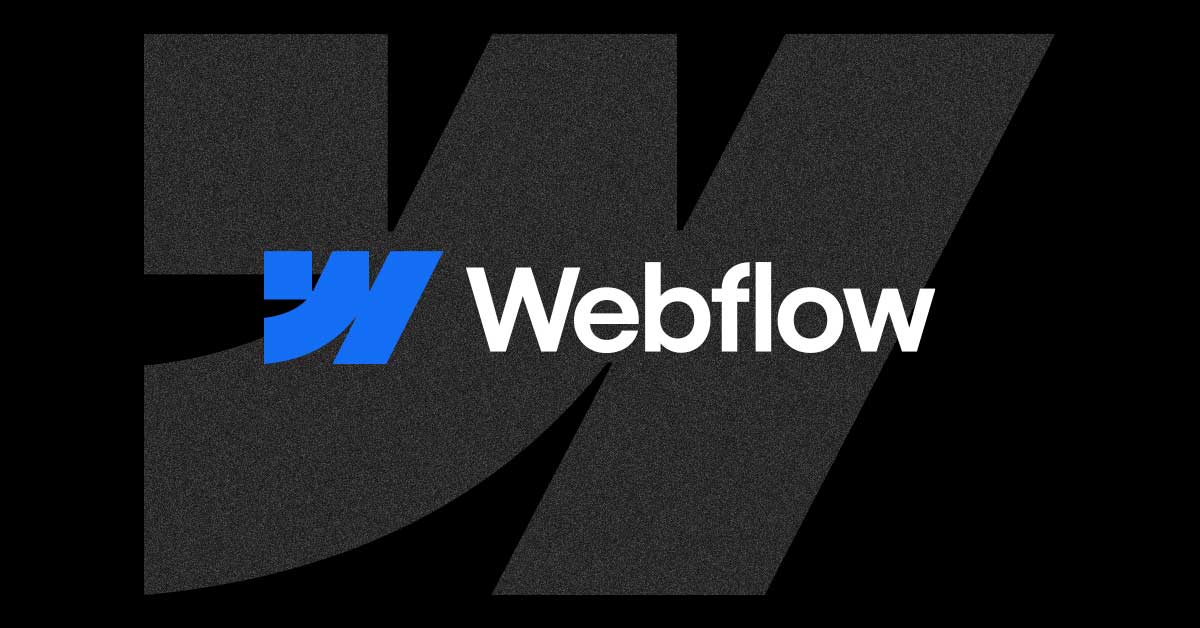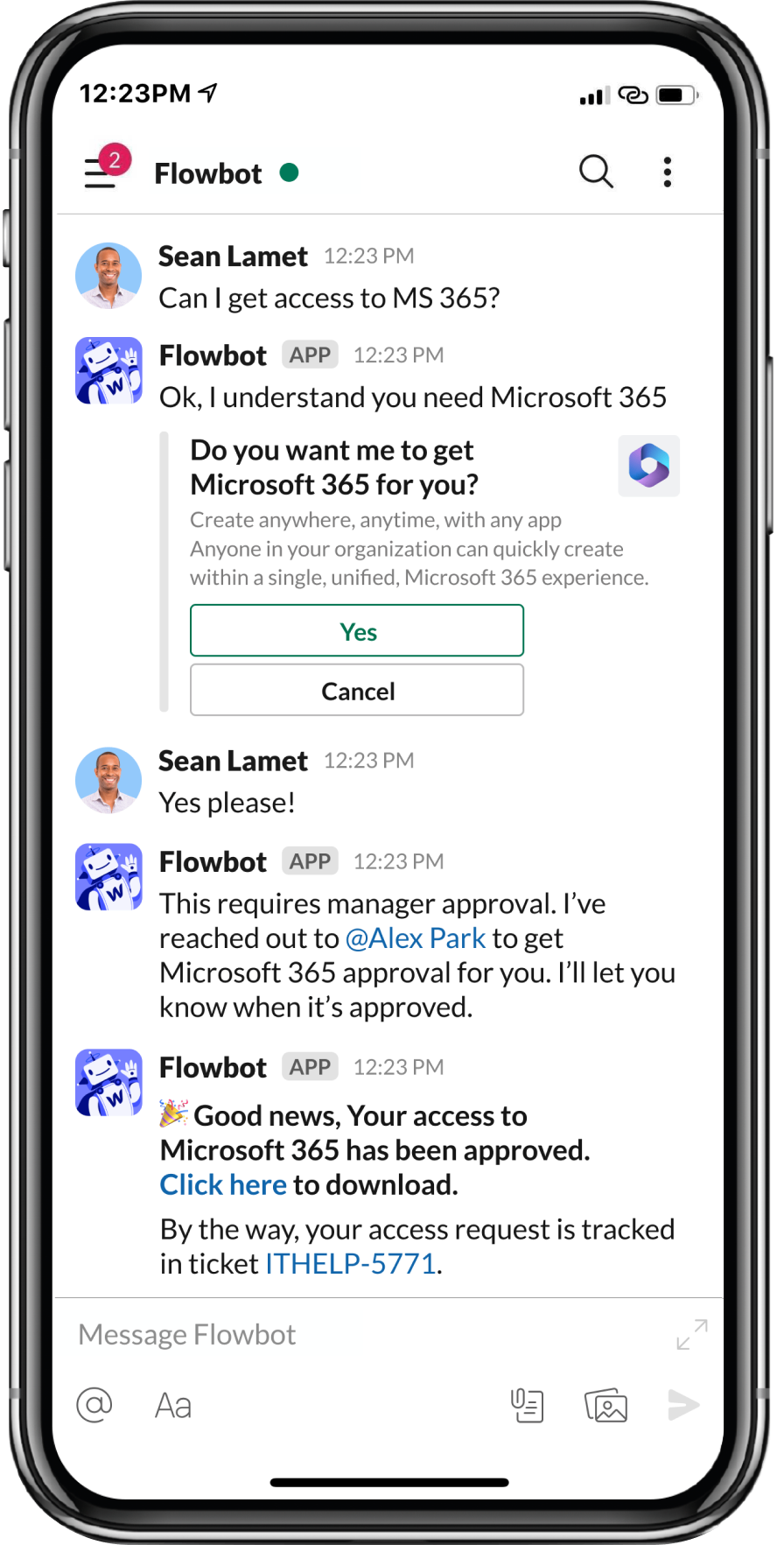From MSP to AI: How Webflow’s IT team improves productivity
Elevating employee experience through faster, more efficient support for a global remote workforce

Webflow is a leader in the world of web design, redefining web design with its no-code platform, empowering businesses to build professional websites globally
Challenge
Transitioning from a managed service provider to an in-house support model while improving service quality
Result
AI performs work equivalent to three full-time employees, allowing IT staff to focus on strategic initiatives and achieving an average 90+ NPS (Net Promoter Score)
The Problem
Inefficiencies in the traditional IT support model
Webflow has been revolutionizing web design with its no-code platform since 2013, but as time went on its rapid global expansion brought new challenges in IT support. As it grew, it faced several critical issues:
Transitioning from a managed service provider to an in-house support model while maintaining service quality.
Providing 24/7 global support without scaling support staff proportionately.
Reducing time spent on routine IT issues and enhancing the employee experience with faster, more efficient support.
To address these challenges, Webflow needed a dynamic and scalable support system capable of meeting the demands of a global workforce without inflating costs. The solution required streamlining operations and freeing IT teams from mundane tasks to boost overall productivity.
To succeed, Webflow required a support system as dynamic as its platform, capable of smoothly scaling without inflating costs. The answer came in the form of an AI-driven solution, which proved to be a transformative approach to IT support.
The Solution
Leveling up support with Moveworks
To address the challenges in their IT support system, Webflow launched Flowbot, an AI-powered Assistant, in September 2022. This solution was aimed at enhancing user experience and operational efficiency.
The AI Assistant was seamlessly integrated with Webflow’s existing platforms, including Atlassian Jira Service Desk, Okta, Slack, Gmail, and Confluence. This integration provided a centralized, user-friendly interface for employees to access support and information.
Key aspects of the solution included:
Seamless integration: The AI Assistant worked smoothly with major systems such as Okta and Google Workspace, fitting into the existing IT infrastructure.
24/7 assistance: The AI Assistant delivered round-the-clock support, addressing IT issues instantly and autonomously managing repetitive tasks.
Focused implementation: The deployment strategy was clear and targeted, focusing on specific use cases and leveraging insights from user interactions to continuously improve the AI Assistant’s functionality.
This move away from traditional support models to an AI-driven approach set the stage for significant improvements in IT support efficiency and user satisfaction.


AI is the future. Moveworks has proven to us that it's a winner. So be innovative, think outside the box, and see for yourself how AI can transform your employee experience and free your teams to focus on high-impact challenges."
The Result
IT support, transformed
The implementation of Moveworks AI Assistant brought substantial improvements to Webflow's IT support system and overall employee experience:
Flowbot handled approximately 50% of IT issues, performing tasks equivalent to three full-time employees. This allowed the IT team to focus on more strategic initiatives and complex problems.
The AI Assistant achieved a remarkable 60% adoption rate among the workforce, with 90% of access requests managed by Flowbot, significantly streamlining support processes.
Webflow reached a consistent Net Promoter Score (NPS) of 90+, setting a new standard for IT support satisfaction and achieving a 100% satisfaction rate among new employees for enabling access to necessary tools within their first week.
By replacing traditional, costly out-of-hours support with AI, the company saved valuable resources and redirected them toward further automation projects and growth initiatives.
Looking ahead, Webflow plans to expand this AI-powered model beyond IT, setting new standards for support across all internal operations. Their innovative approach to global, remote workforce support is not just solving today's challenges — it's reshaping the future of work.
